Is A.I. Safe in the Hands of Lawyers?

A.I. promises speed and support — but also brings risk, especially in legal work. This blog explores what kind of A.I. can be truly safe in the hands of lawyers, and why Lisa may be essential in this delicate balance. The promise and the peril Artificial Intelligence is making its way into the legal world. Read the full article…
No Villains, Only People Struggling to Live
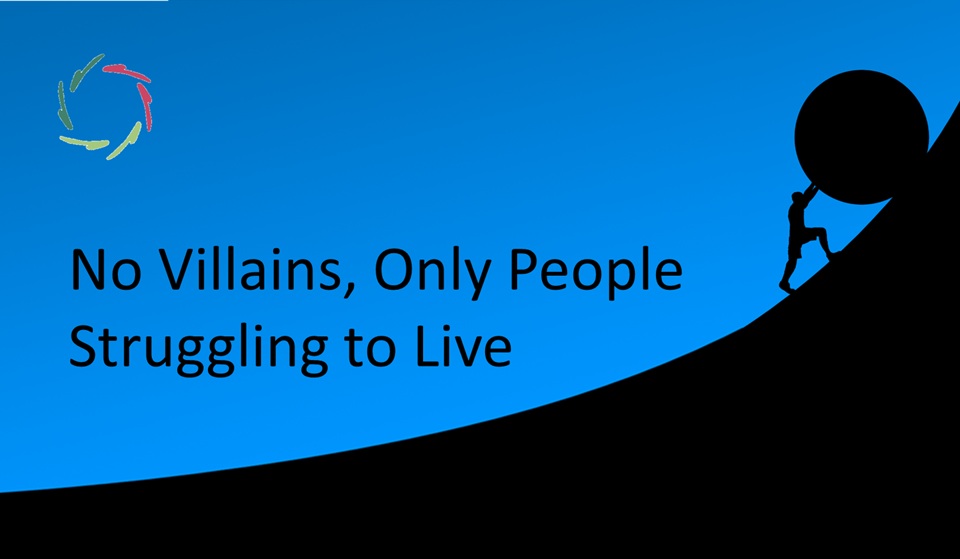
Compassion is not about being naive. It is about being deeply aware — of pain, of patterns, of possibility. What we call evil may be the surface of a long chain of hurt. Yes, people do terrible things. Some hurt others deeply. But are they ‘villains’? This blog explores another possibility: that beneath every hardened Read the full article…

Compassionate Justice
Compassionate Justice (CJ) offers a transformative vision of justice — one rooted not in punishment but in healing, growth, and shared accountability. It transcends traditional frameworks by addressing deeper human needs, systemic issues, and subconscious patterns, fostering a justice system that is proactive and profoundly humane. This blog explores CJ as an evolution of justice, Read the full article…
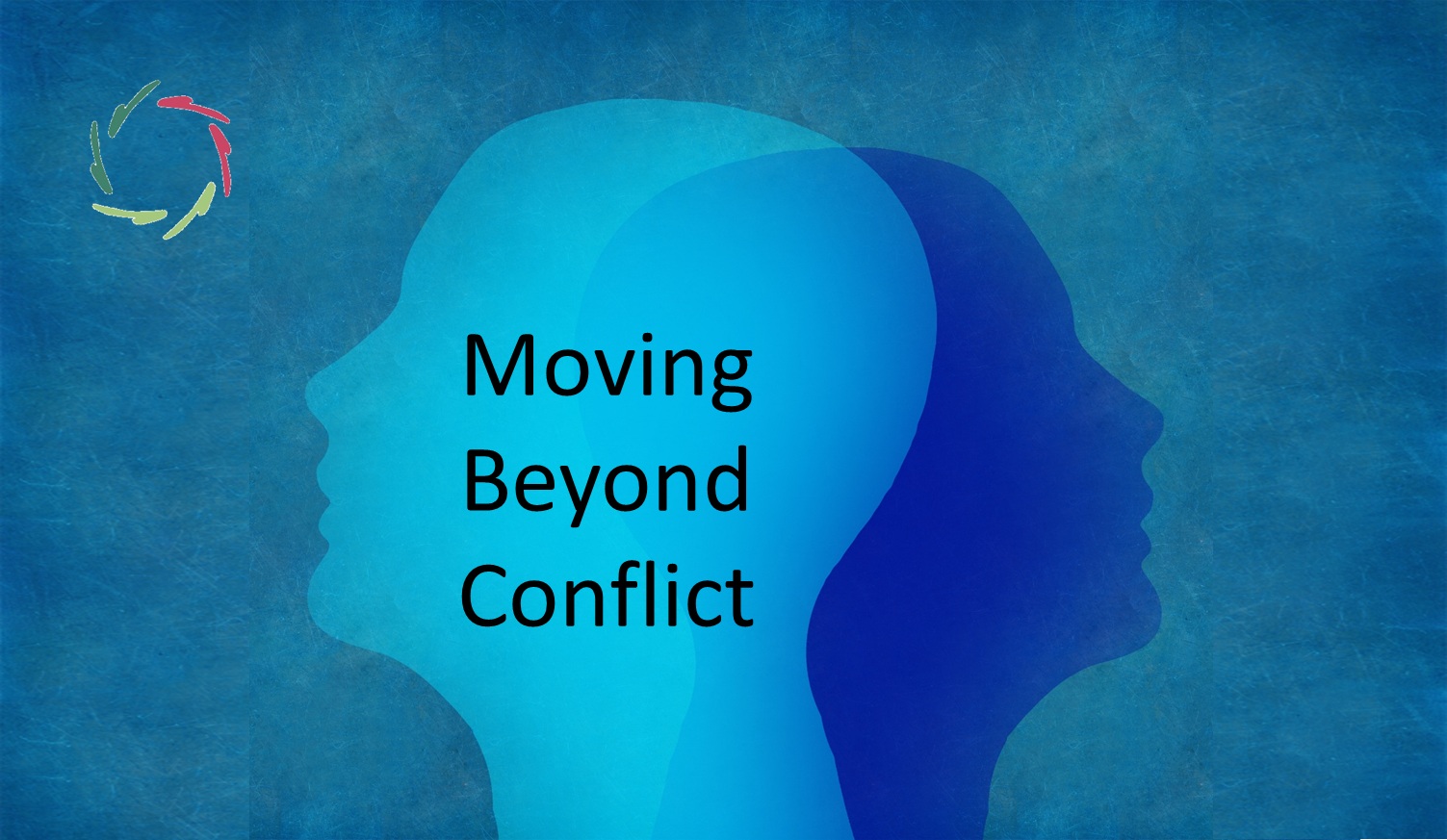
Moving Beyond Conflict
Conflict is an inevitable part of life. From family feuds to political stalemates and workplace disagreements, it often seems to divide us irreparably. Yet, conflict is not inherently destructive. With the right perspective, it can become an opportunity for growth, understanding, and even creativity. By shifting our mindset and embracing the challenge, we can move Read the full article…

Compassionate Approach to Guilt
We all encounter feelings of guilt at some point, that nagging discomfort arising from something we’ve said, done, or failed to do. Yet, it can also carry meaning and even hold a purpose. Nevertheless, it is responsibility – not guilt – that leads to actual growth. By embracing responsibility without guilt, we open the door Read the full article…
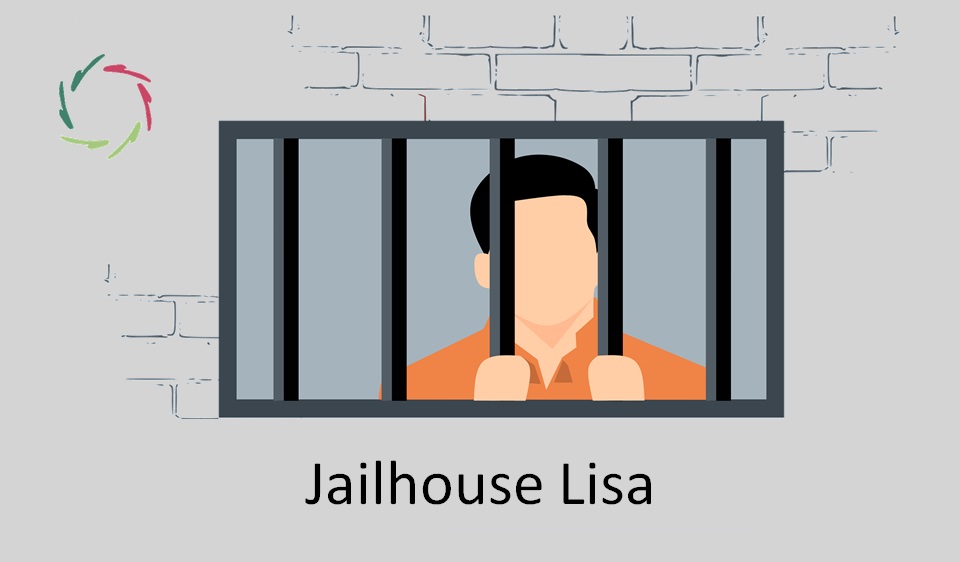
Jailhouse Lisa
Any in-jail Lisa coaching starts from the insight that morally bad behavior doesn’t originate in a Realm of Evil. There is always an understandable human setting behind any human action. Lisa in jail All convicts must have access to Lisa. At least, that is my view. Moreover, as a matter of fact, this access must Read the full article…
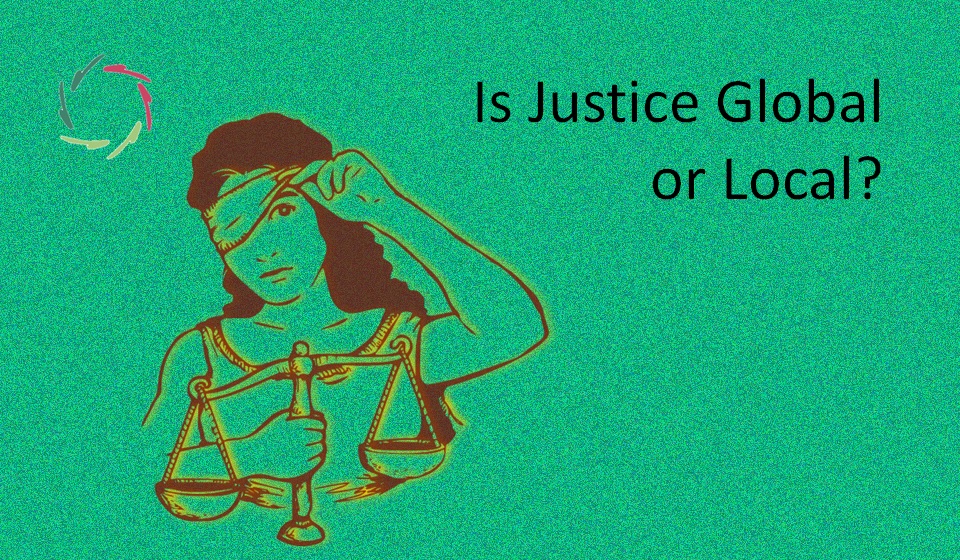
Is Justice Global or Local?
At present, concrete (‘positive’) justice is mainly local, while global Justice – as an abstract concept such as Love and Meaning – seems, to many at least, merely an afterthought. Meanwhile, is global Justice a driver or is it straightforwardly unimportant? Focusing on big-J Justice Is each small-character justice then a translation of big-J for Read the full article…
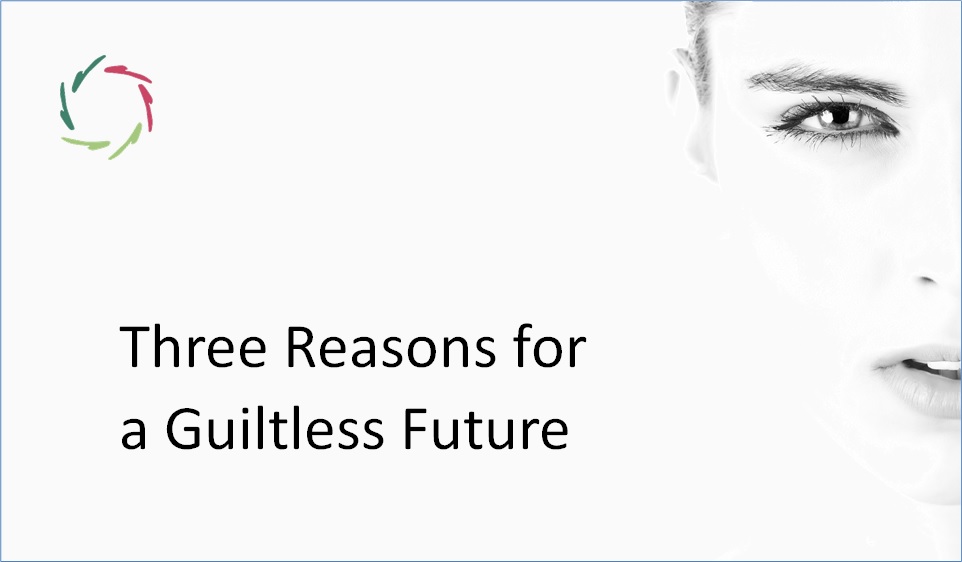
Three Reasons for a Guiltless Future
Guilt is as much an illusion as is the omnipotence of mere-ego within one’s mind (total self). Humanity is traveling toward the evaporation of both – joint – illusions. Great, but meanwhile, the path is challenging. You might read about how responsibility can replace feelings of guilt. See also the story of ego. The tip Read the full article…
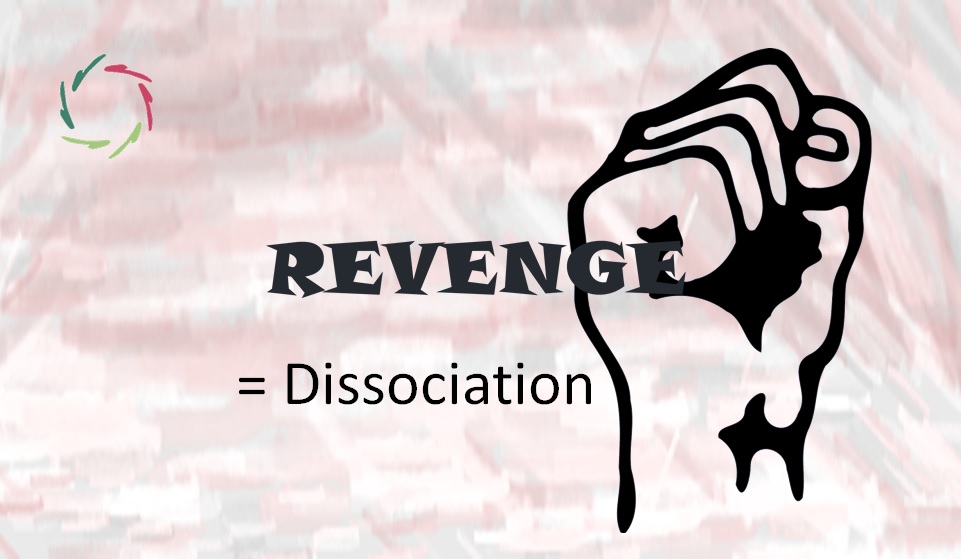
Revenge = Dissociation
The feeling of revenge needs to be taken seriously in order to transcend it. What has been lost should be restored ― in a different way. Revenge results from the feeling of having lost something. Something has been taken at the meaning level. Revenge is not about the thing itself but the meaning. What one Read the full article…

Why Death Penalty is Murder
Taking into account full human being, there is no relevant difference between the accused and the accuser. ‘Taking conscious human life’ This is a quite good definition of murder. In case of the death penalty, it’s murder with full premeditation. In ‘taking,’ one can see a relevant fuzziness which makes thinking about, for instance, euthanasia Read the full article…

Law and Intention!
People are important. Intentions are present within people. Laws are not. The law [Please read before this: ‘X or not X, versus: X or Y’] Something parallel can be seen in many domains, such as in anything related to the law (on freedom of speech or anything else). Mind: this is NOT about following or Read the full article…

Always Responsible, Never Guilty
The difference between guilt and responsibility is very important, yet frequently it’s barely acknowledged. You are guilty when having committed a crime. What is denoted as a crime may vary. Sometimes homosexuality is seen as an awful crime. At another time and place, it’s normal behavior. Crime does not exist without cultural definition. A set Read the full article…

Lady Justice’s Blindfold
Will in the future all criminals be seen as in need of coaching rather than punishment? Lady Justice, also known as Themis in ancient Greece As a goddess, she didn’t need a blindfold. She could see everything anyway. Themis also didn’t have a sword (of punishment). Both were added in the 15th century. The blindfold Read the full article…